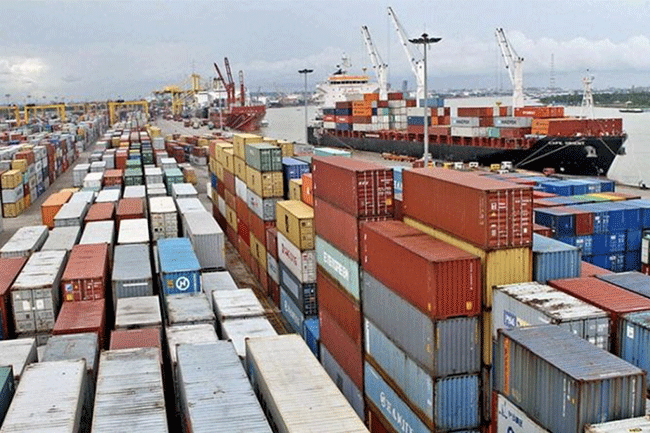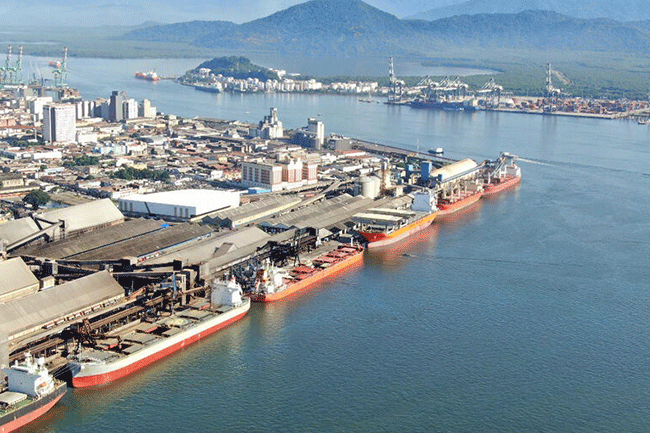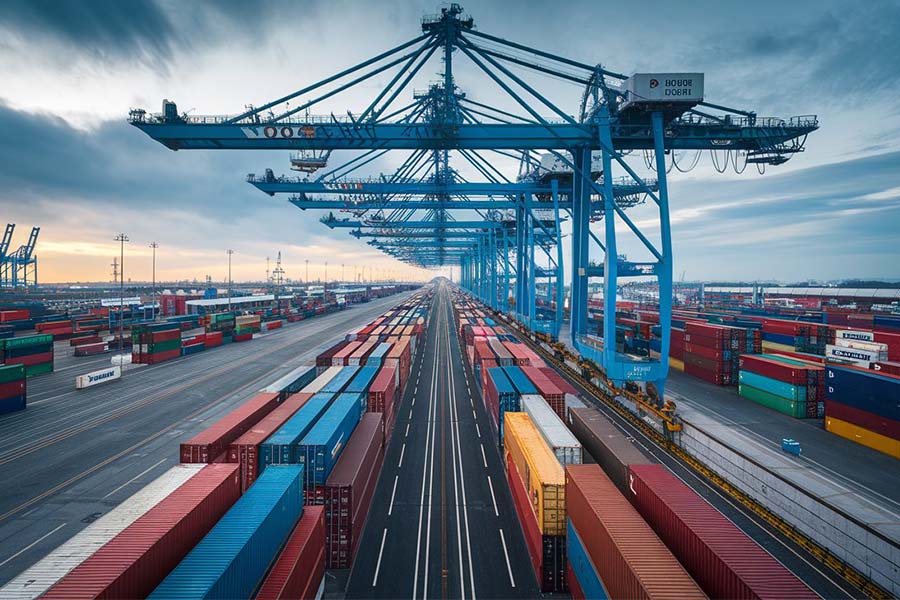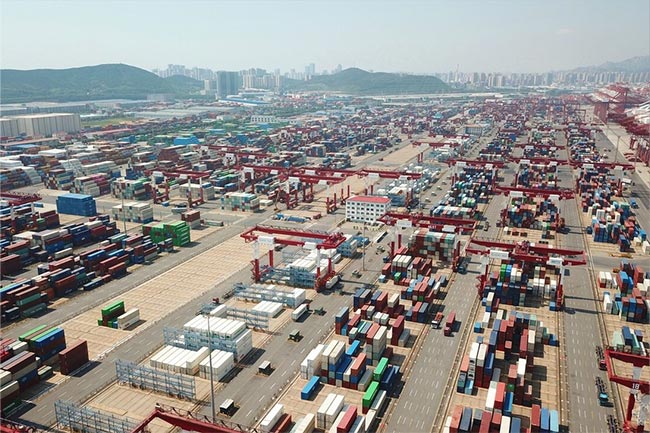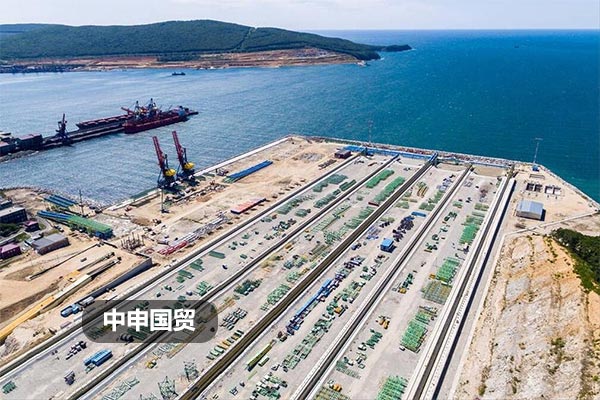- 20 Years of Expertise in Import & Export Solutions
- +86 139 1787 2118
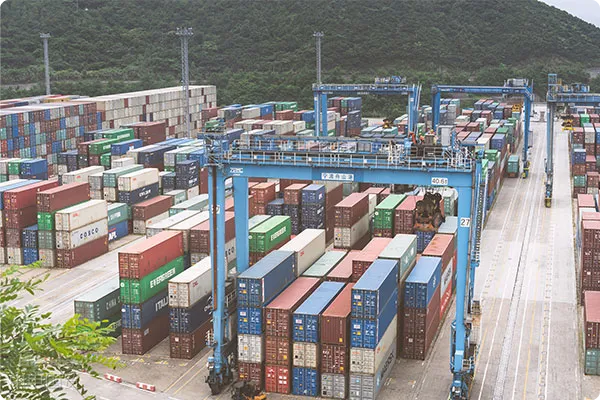
?Export Agency?What exactly does the fee include in terms of services?
According to the latest 2025 industry standards, the fees of formal agency companies typically cover the following core services:
- Document Processing Service: Including commercial invoices, packing lists,?Certificate of Origin?Please prepare the full set of export documents.
- Customs declaration service: Covering customs declaration, commodity inspection registration, and other customs clearance procedures.
- Logistics Coordination Services: Includes coordination of booking, transport insurance, shipment tracking, and other processes.
- Foreign exchange settlement services: Involve?Forex Settlement?Write-off, foreign exchange declaration, and tax filing, among other financial operations.
Special attention should be paid to the fact that,Customs clearance charges at the port of destination,Special certification fee(such as FDA certification) andExpedited service feeUsually an additional chargeable item.
What are the mainstream commission calculation models in 2025?
Currently, there are four main pricing models in the market, and enterprises can choose the most economical option based on their export scale:
- Flat fee model: Charged at 0.8%-1.5% of the cargo value (applicable to regular trade).
- Tiered pricing model:
- For goods valued below $500,000: 1.2%
- $500,000 - $1,000,000: 0.9%
- Over $1 million: 0.7%
- Cost-plus model: Actual advanced cost + 8%-12% service fee (suitable for special trade)
- Hybrid pricing model: Basic service fee (approximately $500 per shipment) + 0.3%-0.6% of the cargo value (suitable for high-frequency, small-amount exports)
What factors can cause significant fluctuations in agency fees?
According to the General Administration of Customs' 2025 Trade Services Report, the following six factors directly impact cost levels:
- HS Code of the goods: The agency fees for goods subject to anti-dumping duties will increase by 15%-30%.
- Export Destination: The Middle East/Africa route charges an average of 8% higher service fees compared to the Europe/America route.
- Trade terms: The EXW terms generate 20%-40% higher operational costs compared to CIF.
- Settlement Methods: LC forward?L/C?An additional risk margin of 0.3%-0.5% is required.
- Special Supervision: Processing trade requires additional payment for manual filing and cancellation fees.
- Policy changes: The latest RCEP rules of origin adjustments impact document processing costs.
How to avoid hidden - charge traps?
It is recommended to take the following three preventive measures:
- Please provide a detailed breakdown of the expenses.: Confirm whether it includes commonly overlooked items such as bank service fees and courier fees.
- Clarify responsibility allocation: Written agreement on the method of bearing demurrage and amendment fees caused by the agent's errors.
- Establish dynamic monitoring: Query the detailed cost occurrence of each shipment in real time through the API interface.
By 2025, 35% of leading agencies will offerCost Forecasting System, a budget report encompassing all potential expenses can be generated in advance.
What charging details should be noted when choosing an agency company?
Based on 20 years of agency service experience, it is recommended to focus on the following four aspects:
- Minimum charge standard: Most companies set a minimum charge of $150-$300 per ticket.
- Exchange rate locking mechanism: Confirm whether the foreign exchange settlement will use the T+1 real-time exchange rate or the agreed exchange rate.
- Return of excess profits: High-quality agents will commit to refunding the tax rebate difference.
- Digital service premium: Companies using blockchain customs declaration systems typically charge an additional 0.2% technology fee.
Special Reminder: The 2025 edition of the "International Trade Service Standards" clearly stipulates that agents must publicly display a fee calculator and retain quotation records for the past three years.
? 2025. All Rights Reserved.
